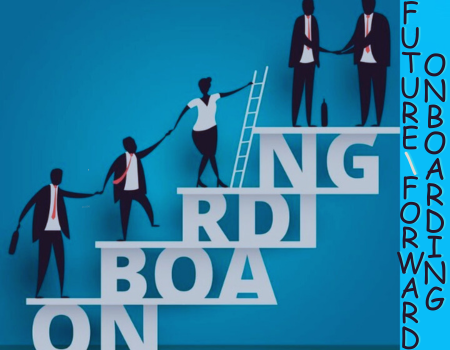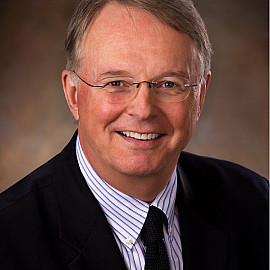Call us: +1-855-202-3299
Email: [email protected]
Future-Forward Onboarding: Navigating Success in 2024 for Millennials and All Employees
Speaker: Bob Verchota
Speaker Designation: President and Owner of RPVerchota & Associates

Call us: +1-855-202-3299
Email: [email protected]
Speaker: Bob Verchota
Speaker Designation: President and Owner of RPVerchota & Associates

Fast-tracking new employees to productivity must be a key business imperative for employers in 2024.
Reducing turnover and fast-tracking new employees to productivity is a key business imperative. The reality is that about 30 percent of employees don't make it past their first year and it's expensive. Good recruitment and hiring can be quickly undone by disorganized poorly executed new employee orientation. And as millennials become a driving force in the workplace, they represent special opportunities and challenges. Every generation has unique needs and millennials are no different. However, a good onboarding practice for millennials is generally good for everyone. This is an opportunity to step up our game.
The research is clear, a systematic comprehensive onboarding process is good business. Formal onboarding increases the chance of keeping a new employee for at least 3 years by 69 percent and one study showed employees were productive two months earlier with an effective program. Employees get up to speed quickly and stay on the job longer when their first-year experience is well managed.
Best practices onboarding integrates the employee into the company through socialization, acculturation, training, and coaching. The result is employees who clearly understand their role and feel connected to the company. We'll show you how best-of-class programs start onboarding during recruitment and have a systematic program for the first year of work.
This webinar gives you the key components of a cost-effective onboarding plan that will increase retention and productivity.
Effective onboarding ensures employees become more productive and effective more quickly, increases engagement, and improves retention. Onboarding best practices are a competitive advantage for companies that want to succeed.
With workplace dynamics evolving rapidly, this session provides insights into the most effective onboarding strategies tailored not only for millennials but for all team members.
By attending, you'll gain a competitive edge in understanding the unique needs of millennials, fostering a workplace environment that thrives on innovation and collaboration. As we gear up for the challenges of the future, this webinar is the key to unlocking a comprehensive understanding of onboarding practices that will not only resonate with the present workforce but also fortify your organization for the evolving demands of the years ahead.
Handouts and Samples
In the ever-evolving landscape of the modern workplace, the topic of "Future-Forward Onboarding: Navigating Success in 2024 for Millennials and All Employees" has emerged as a critical discussion point. As we stand on the cusp of a new year, the dynamics of professional environments are continually shaped by technological advancements, changing demographics, and evolving expectations. This webinar delves into the heart of contemporary onboarding strategies, with a specific focus on the unique needs and preferences of millennials, a generation integral to the workforce.

Bob Verchota, SPHR, is the President and owner of RPVerchota & Associates, a human resources and management practices consulting firm. He has over 30 years of human resources and operational leadership experience. His most recent corporate assignments include serving as VP Support Services, VP of Ancillary Services and Human Resources, and VP Human Resources. Focus areas include organization change and employee development, talent acquisition, risk management, compensation and benefits, labor and employee relations, performance improvement, and other operational issues.
Academic pursuits include an undergraduate degree in Business Administration, graduate degree in Healthcare Administration (MHA), and doctoral work in Organization Development EdD (abd). He has taught at the technical, baccalaureate, and masters levels in several colleges and universities.